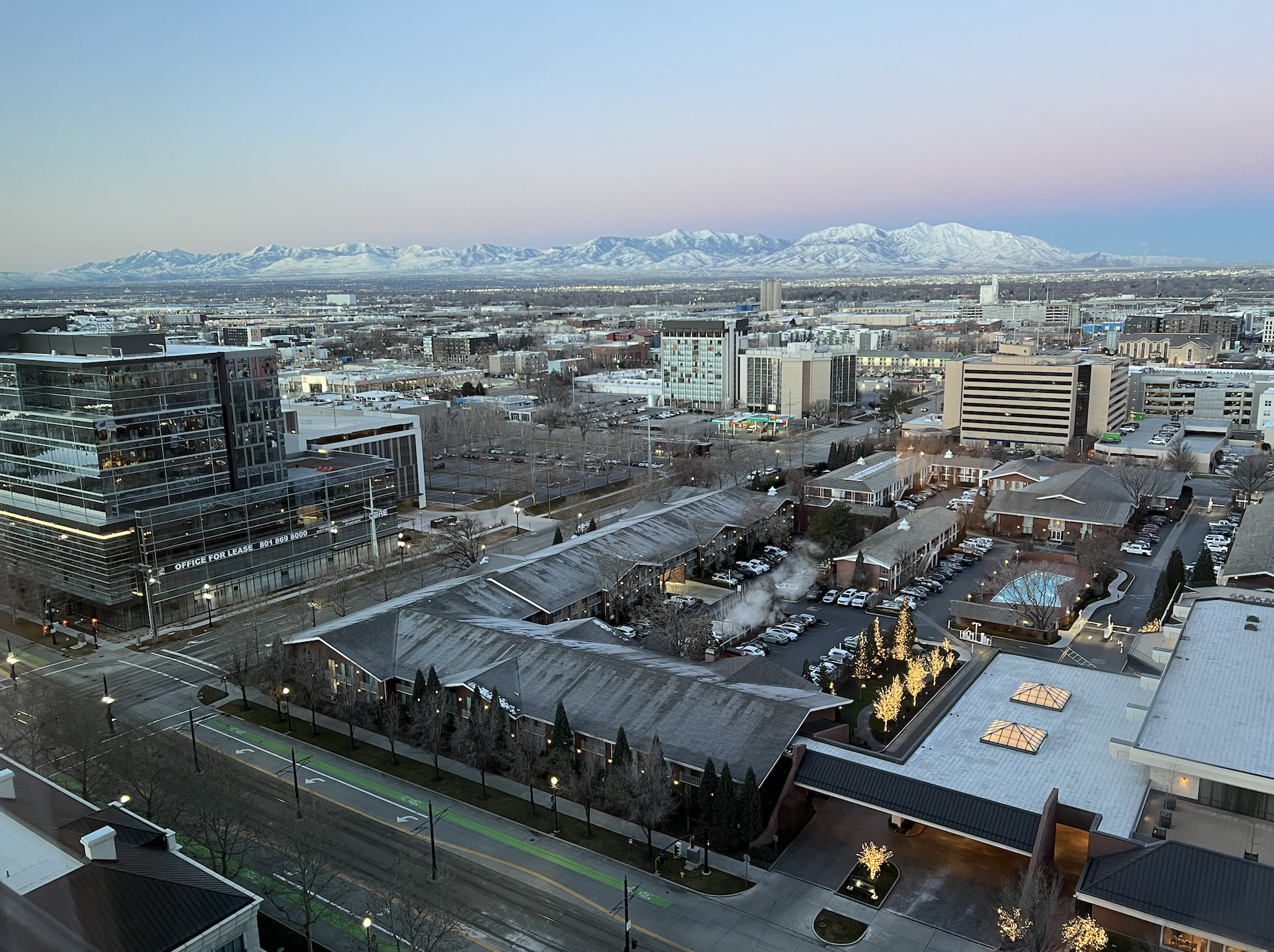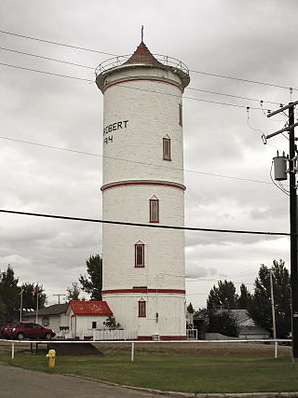
The last couple of weeks, I’ve continued to listen to a fair amount of Francis Weller. The overarching topic is “The Alchemy of Initiation.” The topic of the section I listened to most recently is “Facing the Predator.”
In the recording I have, usually included are some questions asked by the audience / participants. I find Weller’s stuff to be pretty deep. He’s a psychotherapist and thus is oriented to much of the inner journey. I like that. And I like the way the he connects the relevance of the inner journey to the outer world of day to day living.
One of the participants asked, “What is the outcome of facing the predator?” Weller has some one line responses that I’m appreciating. He’s done, or is doing, his work. In his context Weller is talking about the predator as confronting death, or less dramatically, the myriad of voices that tell us we are less. Weller’s response — “To expand the circumference of your aliveness.”
Circumference is the measure of the outside of a circle. It measures the rim. It measures capacity. And Weller’s point, I feel, is that it is only in the ironic encounter with what encourages small that we find large. It is only in the encounter with death that we find more animated life.
Ahh…, that’s worth resting on for a bit.
In my life, there was an obvious encounter with death, perhaps too early in life. It was my father taking his life. I was 14. It makes me sad to say that, but I’ve had a few years to make a lot of sense of what was known and what I imagine was less known about my dad. Complex lives.
In my life, more recently, there is the encounter with the end of a significant relationship. It doesn’t end the way either of us thought it would. It doesn’t end the way either of us intended. The death here, is the death of a particular dream. It is the death of an embossed identity.
Back to Weller, I hope for any of us that we are able to experience the expanded circumference of aliveness. To be clear, I don’t think it wise to rush to the end, bypassing the predator. Many of us do that. The soul’s work is often daring to dwell in the descent rather than prematurely latching on to an ascent.
I’m glad for friends that can witness the encounters that phase change us from one state to another. Or the friends who are smart enough to take off the wrist watch, throw away the current construction of time, and know that soul’s work, soul’s cooking, abides by a different concept of time. It’s less of “everything squeezed in and capped at 50 minutes.” It’s more “done when it’s done.”
Back to Weller — expanding the circumference of aliveness. I love the life force in this. I love the connection to three values that I’m often speaking in the groups with which I work. Kindness. Consciousness. Flow with life itself. Often, when I’m with groups, I’m offering such verbiage, such narrative, as a suggestion to what we might just really be up to. It’s daring to go inner, even with groups taking on herculean and complex tasks, so that there are expanded choices of aliveness connected to task.
Thanks for reading. Thanks for adding your reflections to the encounters that expand aliveness.


